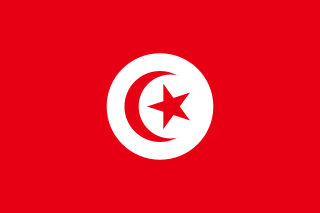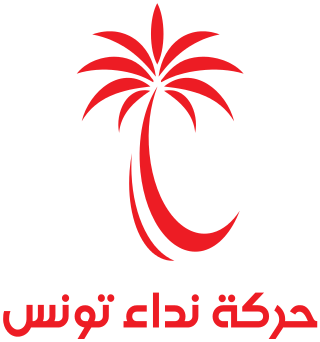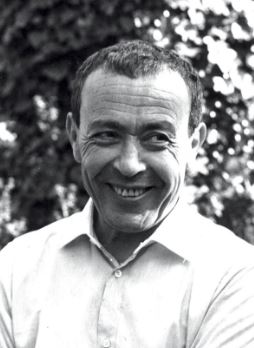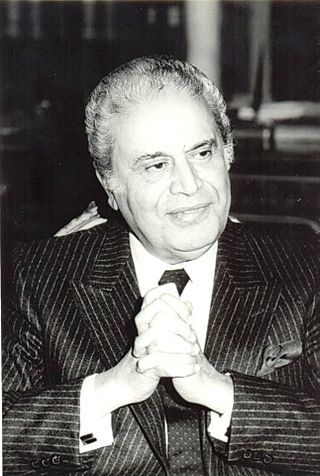
The politics of Tunisia takes place within the framework of a unitary semi-presidential representative democratic republic, with a president serving as head of state, prime minister as head of government, a unicameral legislature and a court system influenced by French civil law. Between 1956 and 2011, Tunisia operated as a de facto one-party state, with politics dominated by the secular Constitutional Democratic Rally (RCD) under former presidents Habib Bourguiba and then Zine el Abidine Ben Ali. However, in 2011 a national uprising led to the ousting of Ben Ali and the dismantling of the RCD, paving the way for a multi-party democracy. October 2014 saw the first democratic parliamentary elections since the 2011 revolution, resulting in a win by the secularist Nidaa Tounes party with 85 seats in the 217-member assembly.

Zine El Abidine Ben Ali, commonly known as Ben Ali or Ezzine (الزين), was a Tunisian politician who served as the second president of Tunisia from 1987 to 2011. In that year, during the Tunisian revolution, he fled to Saudi Arabia.

The president of Tunisia, officially the president of the Republic of Tunisia, is the head of state and head of government of Tunisia. Under Article 77 of the Constitution of Tunisia, the president is also the commander-in-chief of the Tunisian Armed Forces. The incumbent president is Kais Saied who has held this position since 23 October 2019 following the death of Beji Caid Essebsi on 25 July 2019. The 2022 Tunisian constitutional referendum transformed Tunisia into a presidential republic, giving the president sweeping powers while largely limiting the role of the parliament.

The prime minister of Tunisia is the head of the executive branch of the government of Tunisia. The prime minister directs the executive branch along with the president and, together with the prime minister's cabinet, is accountable to the Assembly of the Representatives of the People, to the prime minister's political party and, ultimately, to the electorate for the policies and actions of the executive and the legislature.

In its modern history, Tunisia is a sovereign republic, officially called the Republic of Tunisia. Tunisia has over ten million citizens, almost all of Arab-Berber descent. The Mediterranean Sea is to the north and east, Libya to the southeast, and Algeria to the west. Tunis is the capital and the largest city ; it is located near the ancient site of the city of Carthage.

Presidential elections were held in Tunisia on 23 November 2014, a month after parliamentary elections. They were the first free and fair presidential elections since the country gained independence in 1956, and the first direct presidential elections after the Tunisian Revolution of 2011 and the adoption of a new Constitution in January 2014.

Carthage Palace is the presidential palace of Tunisia, and the official residence and seat of the President of Tunisia. It is located along the Mediterranean Sea at the current city of Carthage, near the archaeological site of the ancient city, fifteen kilometers from Tunis. A house by Le Corbusier sits within the site.
Karoui Lazhar Chebbi is a Tunisian lawyer and politician. He became Minister of Justice in the government of Mohamed Ghannouchi. He is currently a member of the new secular political party Nidaa Tounes.

Beji Caid Essebsi was a Tunisian politician who served as the sixth president of Tunisia from 31 December 2014 until his death on 25 July 2019. Previously, he served as the minister of foreign affairs from 1981 to 1986 and as the prime minister from February 2011 to December 2011.

During the Tunisian Revolution President Zine El Abidine Ben Ali fled Tunisia on 14 January 2011 Prime Minister Mohamed Ghannouchi then briefly took over as Acting President. On the morning of 15 January 2011 Ghannouchi had handed over the presidency to Speaker of the Chamber of Deputies Fouad Mebazaa, This was done after the head of Tunisia's Constitutional Council, Fethi Abdennadher declared that Ghannouchi did not have right to power and confirmed Fouad Mebazaa as Acting President under Article 57 of the 1959 Constitution. Ghannouchi returning to his previous position as prime minister was confirmed as prime minister by Mebazaa and formed a new national unity government on 17 January 2011 that included members of opposition parties, civil society representatives, and even a blogger who only a week previous had been imprisoned by the regime of the deposed President. On 27 February 2011 the government was dissolved and replaced by a new government led by Beji Caid Essebsi.

The Kingdom of Tunisia was a short-lived country established as a monarchy on 20 March 1956 after Tunisian independence and the end of the French protectorate period. It lasted for a period of one year and five months between 20 March 1956, the day of the independence, until 25 July 1957, the day of the declaration of the republic. Its sole monarch, titled Bey of Tunis, was Muhammad VIII al-Amin who appointed the Prime Ministers Tahar Ben Ammar and Habib Bourguiba.

Noureddine Bhiri is a Tunisian politician. He served as the Minister of Justice under Prime Minister Hamadi Jebali.
Ellougik Essiyasi or The political logic is a Tunisian satirical latex puppet show broadcast on Ettounisya TV. It's inspired by the French show Les guignols de l'info, which in turn is derived from the British satirical puppet show Spitting Image, and presented by Taoufik Labidi

Nidaa Tounes is a big tent secularist political party in Tunisia. After being founded in 2012, the party won a plurality of seats in the October 2014 parliamentary election. The party's founding leader Beji Caid Essebsi was elected President of Tunisia in the 2014 presidential election.

Mokhtar Yahyaoui was a human rights activist and a Tunisian judge. He was opposed to the system of former Tunisian President Zine El Abidine Ben Ali. Yahyaoui was born on June 1, 1952, in the village of Ksar Hadada in southern Tunisia, and died on September 22, 2015, in Teskrayah in the village of Ghazaleh from the region of Bizerte.
The 1987 Tunisian coup d'état involved the bloodless ousting of the aging President of Tunisia Habib Bourguiba on 7 November 1987, and his replacement as President by his recently appointed Prime Minister, Zine El Abidine Ben Ali. The action was justified by reference to Bourguiba's failing health and Article 57 of the country's constitution. Reports later surfaced to indicate that the Italian intelligence services had been involved in planning it.
Events in the year 2019 in Tunisia.

Béchir Ben Yahmed was a Tunisian-French journalist. He founded the weekly news magazine Jeune Afrique and served as its CEO. He also founded the newspaper La Revue.

Hédi Mabrouk (1921–2000) was a Tunisian statesman, diplomat and politician. After serving as governor of different provinces between 1956 and 1962 he headed various state-owned companies. He was the ambassador of Tunisia to France from 1973 to 1985 and the minister of foreign affairs for one year between 1986 and 1987. He was the last foreign minister of the Habib Bourguiba era and also, was also one of his allies.











































































